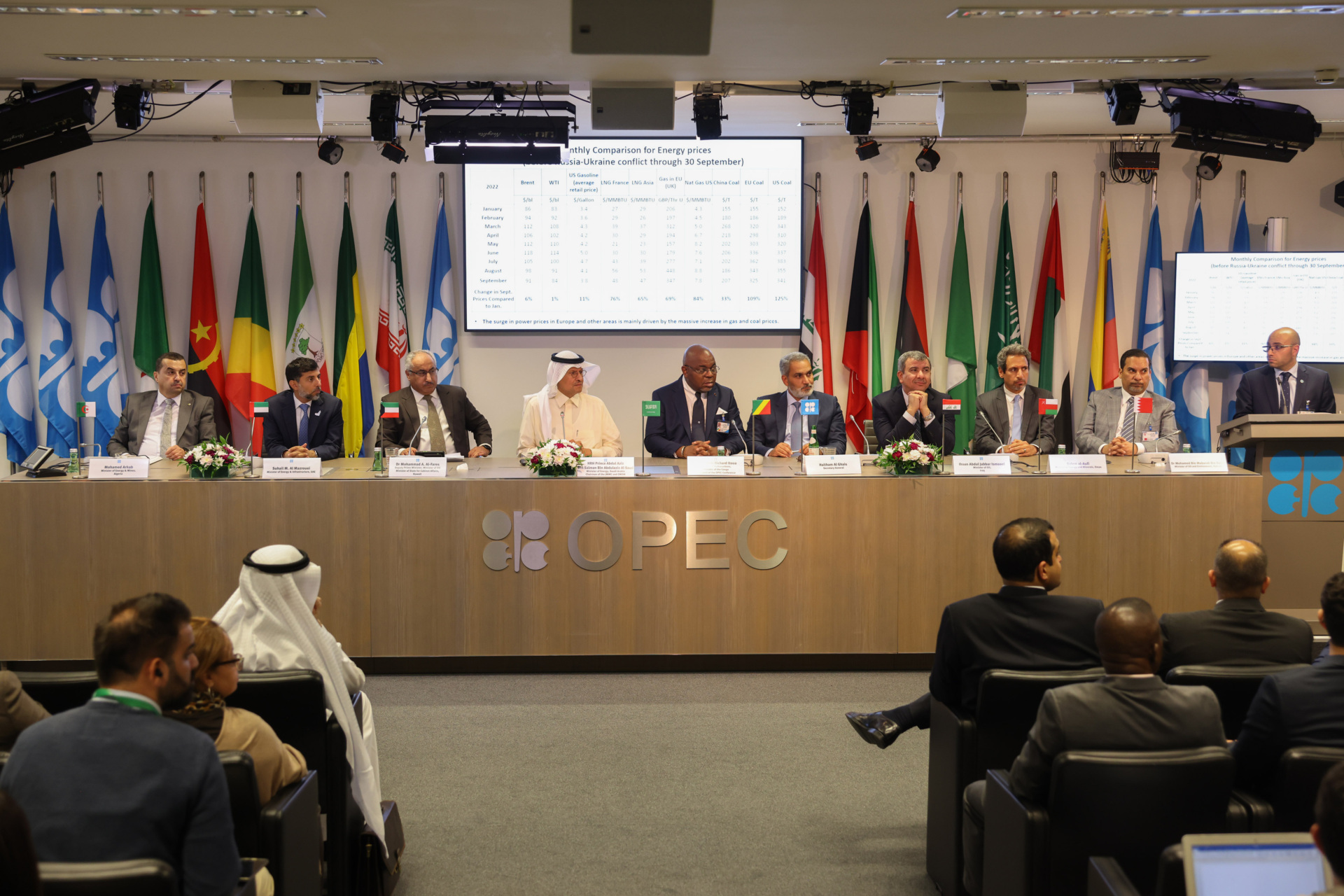The September jobs report showed that the labor market was stronger than expected, as we predicted in yesterday’s Breitbart Business Digest. That probably locks in another 75-basis point hike when Federal Reserve officials meet again next month.
Payrolls grew by 263,000 workers in September, a bit more than what forecasters had predicted but fewer than the 315,000 new jobs in August. The labor force participation rate, however, dipped one-tenth of a point to 62.3 percent, 1.1 percent below the prepandemic level. The unemployment rate fell to 3.5 percent from 3.7 percent, reversing the rise in August.
Together these indicate that the new hires came out of the ranks of the unemployed rather than new entrants or re-entrants to the labor market. That means the labor market got tighter in September, likely raising inflationary pressures. The average hourly earnings figure held at a 0.3 percent monthly gain, and the average workweek defied expectations that it might decline, also indicating a tighter labor market.
What’s more, the jobs figures are in line with what Fed officials were expecting, as they indicated that they were expecting another big rate hike in November.
“Expectations are for job gains of around 260,000, which would be lower than recent months but very healthy relative to past experience. A jobs number in this range along with the job openings rate reported on Tuesday would show that the labor market is slowing a bit but is still quite tight. As a result, I don’t expect tomorrow’s jobs report to alter my view that we should be focused 100 percent on reducing inflation,” Fed Governor Christopher Waller said in a speech at the University of Kentucky on Thursday.

Federal Reserve Governor Christopher Waller (left) speaks beside Federal Reserve Vice Chair Lael Brainard during a Fed Listens event in Washington, DC, on Sept. 23, 2022. (Al Drago/Bloomberg via Getty Images)
“Consumer prices continue to rise rapidly over a broad range of services as demand for services recovers. Continued strong wage increases will likely put further upward pressure on service price inflation,” Lisa Cook said Thursday in her first speech as Fed governor.
The fall in the unemployment rate may be the most consequential piece of data in Friday’s report. It indicates that the economy is not on a steady path toward the looser labor market that Fed officials have clearly said is a prerequisite to lower inflation.
This employment report supports our expectation that core inflation is likely to stay elevated in next week’s Consumer Price Index release. If anything, core price inflation likely accelerated in September, and headline inflation is no longer benefiting from falling gas prices. Private sector services hiring moved up in the month, which will likely translate into more services sector inflation. Surprisingly, hiring also moved up in goods, which could mean that goods inflation stays higher than expected.

Delegates during a news conference following the 33rd meeting of the Organization of Petroleum Exporting Countries (OPEC) and non-OPEC countries in Vienna, Austria, on Oct. 5, 2022, where OPEC+ announced its decision to cut its collective oil output by 2 million barrels per day. (Akos Stiller/Bloomberg via Getty Images)
Monetary Policy and Petroleum Policy
Saudi Arabia produces oil that it exports around the world. The U.S. produces dollars that we export around the world.
When our Federal Reserve raises interest rates and shrinks its balance sheet, it is reducing the supply of dollars available to support financial transactions around the world. It typically does so with very little thought for what this might mean for non-U.S. economies—which is one reason the United Nations has been sounding the alarm about how this hiking cycle might impact emerging markets. It’s helpful to think of the Fed’s tightening as an effort to raise the price of dollars.
Oil is to the Saudis what the dollar is to the U.S. The recent OPEC+ decision to cut production is the equivalent of Fed tightening. They are lowering supply in hopes of supporting the price of oil. Just as we do not expect the Fed to look out for the interest of the Saudis when deciding on the appropriate interest rate policy, we shouldn’t expect the Saudis to look out for our interest when deciding the appropriate oil production policy.
Tesla and the European Banks
Shares of Credit Suisse, the latest “sick man of Europe” financial institution, were up sharply on Friday and shares of Tesla were down. Nonetheless, it remains true that the market capitalization of Tesla of around $700 billion is around as much as the market cap of the entire European banking sector, as Bank of America’s Michael Hartnett recently pointed out.

COMMENTS
Please let us know if you're having issues with commenting.